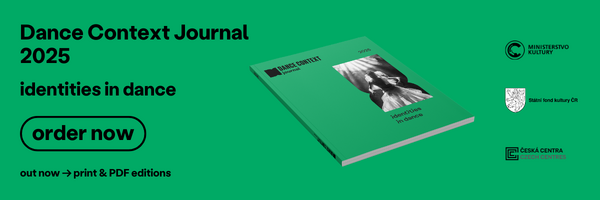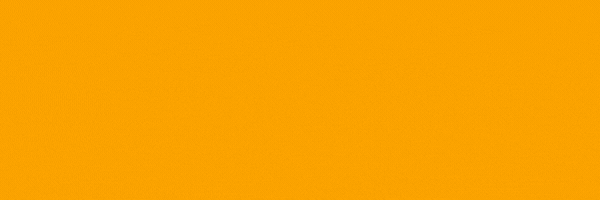Human creativity under threat?
Only two years ago, there were quiet salon discussions about artificial intelligence, which seemed to be something mysterious and far from reality. But time has drawn back the curtain, as the classics would say, and over the past year new computer algorithms have emerged or existing ones have been improved. They can paint a picture, create a poem, write a short story... They can basically do anything, and do it very quickly and very well indeed.
New concepts and challenges have taken root in the virtual space, enabling previously unprecedented magic. And so, somewhere in America, a painting called A Space Odyssey won an art competition, a painting that was created by artificial intelligence, which only became known later. All its creator had to do was enter a perfunctory command into Midjourney, and lo and behold, an artistic masterpiece was born. In the same way, anyone can create any style of artwork from the old masters to the present day. This is why, of course, the issue of authorship and copyright is also heavily debated.
Another new feature on the market is the ChatGPT application, which was upgraded a few months ago and offers new algorithms, prompts, other possible procedures and assignments replacing human skills. The currently serving ChatGPT-4 answers inquiring questions, generates human-sounding text on any topic. Just have a seat in front of the screen and wait to see what the computer spits out.
If we have so far considered writing as a purely human activity, now even its perspective can be fundamentally transformed by artificial intelligence. The professions of digital illustrator, digital designer are already in practice, and they create unheard of pieces on the computer with the help of artificial intelligence. These are creative disciplines, where the input of the human factor, which until now has made the art art, is changing. Today, artificial intelligence will paint, write, think for you. But doesn't it devalue the work of art when it offers to create a painting in the style of, say, Manet, Dali or other famous names, just on the basis of a brief request? Can the world of art and related fields withstand digital innovations?
Just imagine reading theatre reviews born in the body of a computer. The author, newly called a digital critic, sits down in front of the screen, enters a few commands and can submit the work... Computer media offer very seductive, even fascinating temptations, but we should also take into account the warnings of neuroscientists. They say that the less we use the brain, the more its performance declines over time. So I fear that if artificial intelligence becomes the main driving force behind human artistic activity, it will affect thinking, emotions and the human body quite profoundly. It is therefore necessary to ensure that a welcomed innovation does not become a deformation.



